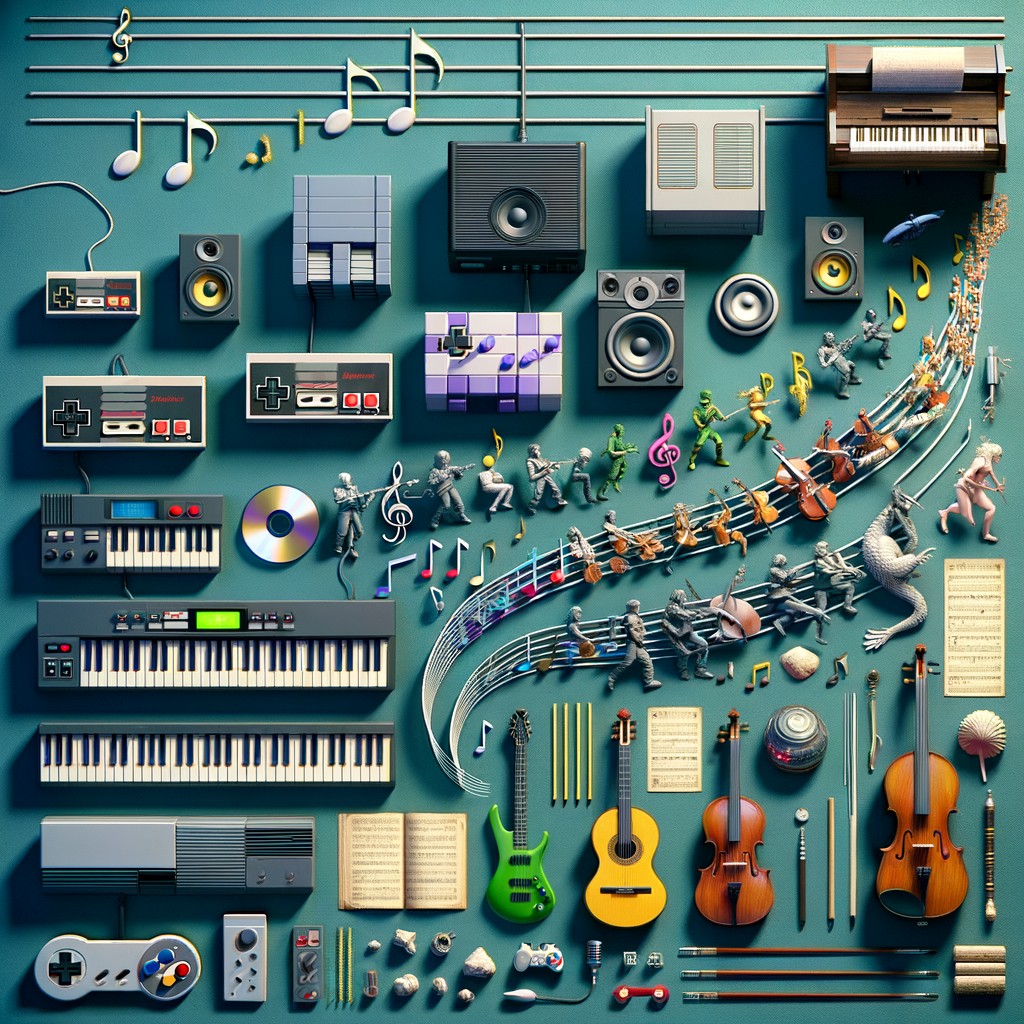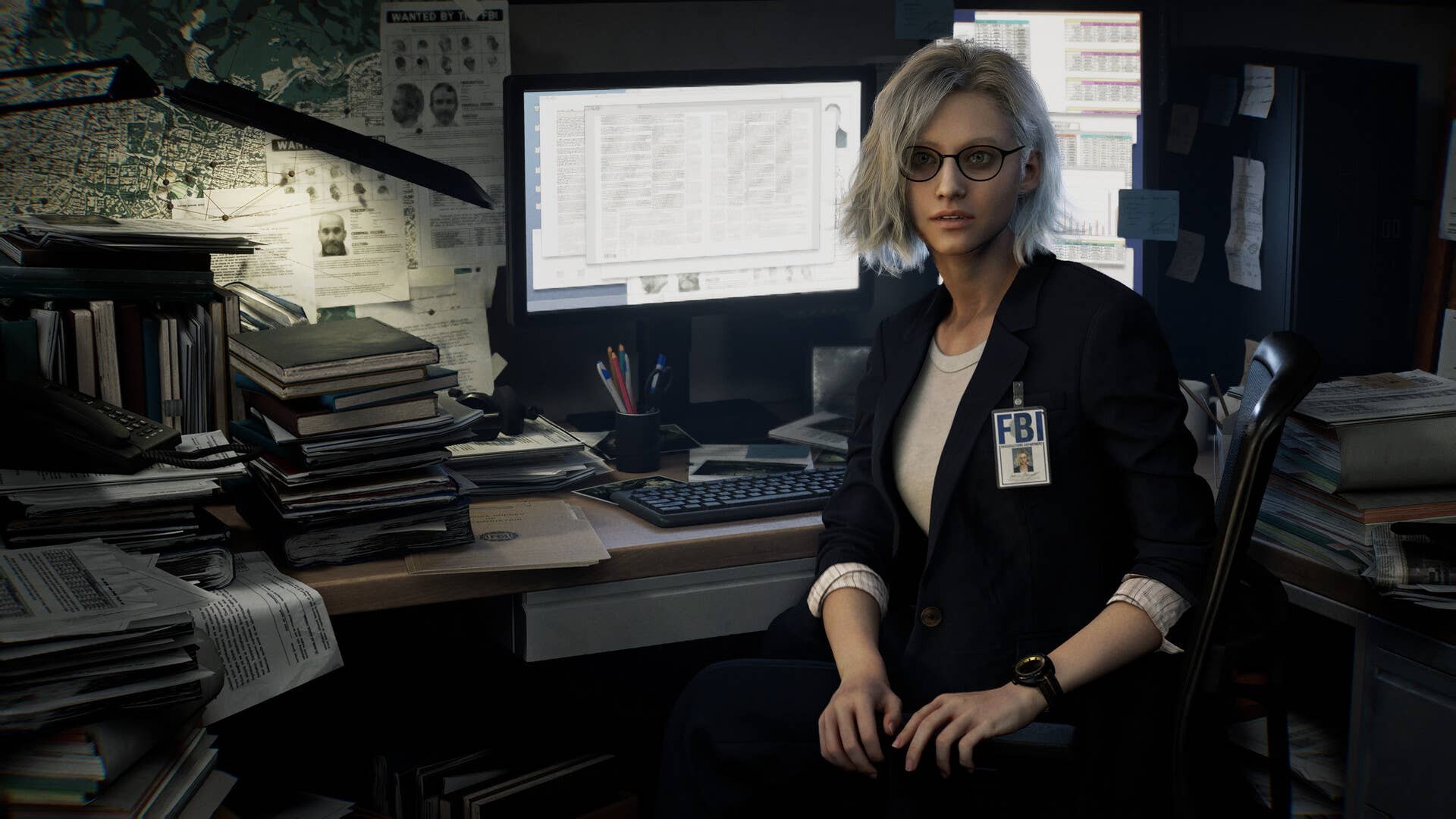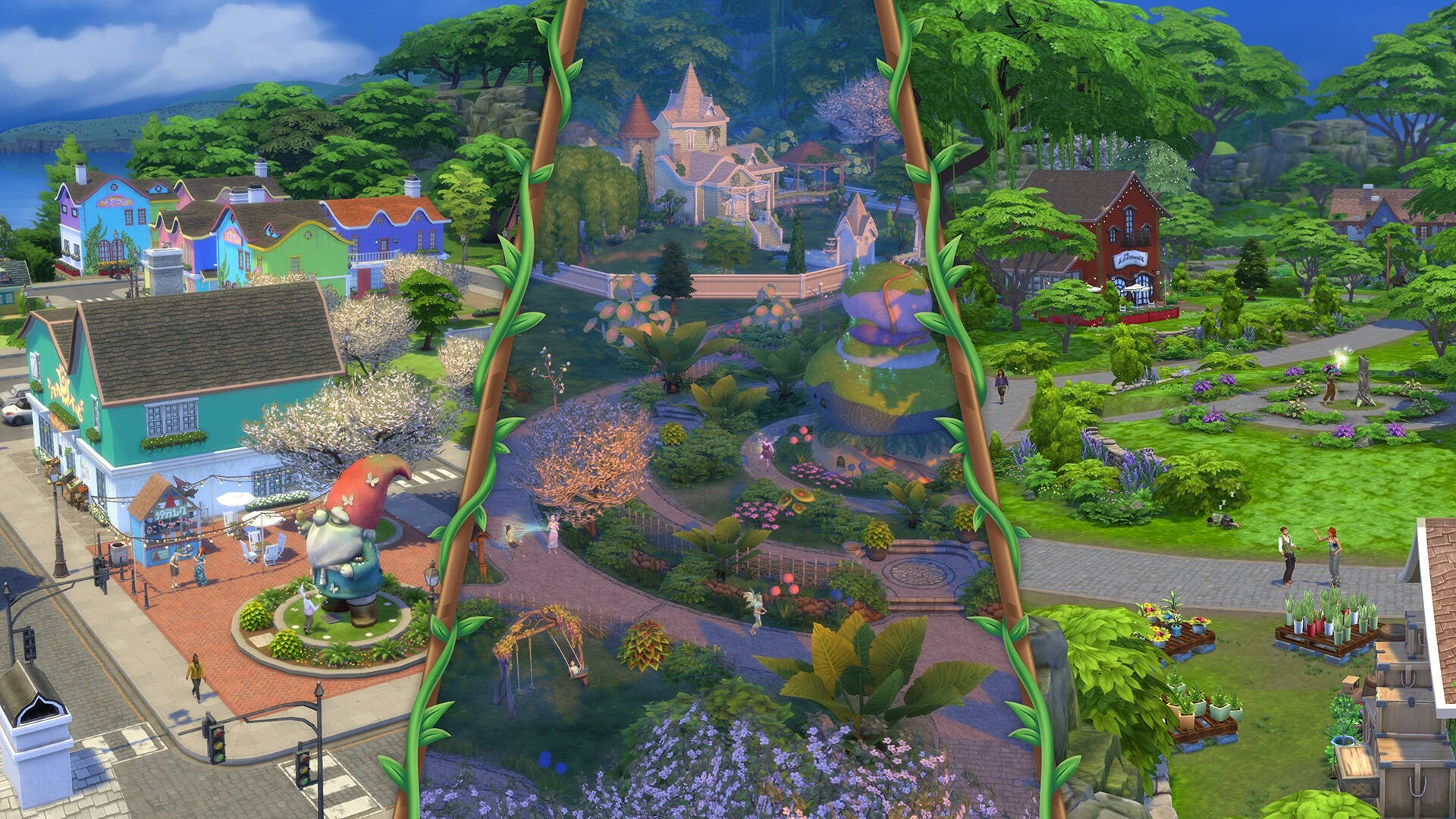Introduction
Video game music has come a long way since the days of simple beeps and boops. The 1990s and 2000s were particularly transformative decades for this aspect of gaming, as soundtracks evolved from basic MIDI compositions into complex, fully orchestrated scores that rivaled Hollywood productions. These years not only marked a technical revolution in how game music was produced but also established a new cultural significance for these soundtracks. Today, many gamers can still hum the melodies of their childhood, proving the lasting impact of these compositions on pop culture. This article delves into some of the most iconic game soundtracks from the 90s and 2000s, exploring how they enhanced storytelling, evoked emotions, and created unforgettable moments in gaming.
The Rise of Iconic Game Music
The 1990s marked a pivotal moment in gaming history, as technological advancements allowed for more sophisticated audio production. This decade saw the transition from 8-bit and 16-bit sound capabilities to CD-quality audio, enabling game developers to experiment with more complex musical arrangements. The following years brought about an era where music became an integral part of the gaming experience, setting the mood and enhancing the narrative.
One of the earliest examples of this transition is the soundtrack of Final Fantasy VII (1997), composed by Nobuo Uematsu. The game’s music was a significant departure from its predecessors, utilizing the Sony PlayStation’s advanced audio capabilities to deliver an emotionally rich experience. Tracks like “Aerith’s Theme” and “One-Winged Angel” have since become legendary, demonstrating how music can evoke deep emotional responses and strengthen a game’s storyline.
Another landmark in game music from the 90s is The Legend of Zelda: Ocarina of Time (1998). Koji Kondo’s score was groundbreaking, using the Nintendo 64’s sound chip to its fullest potential. The game’s music not only complemented its expansive world but also played a crucial role in gameplay. The ocarina, a central gameplay element, required players to perform specific melodies to progress, intertwining music directly with the player’s journey.
The Golden Age of Video Game Soundtracks
The 2000s continued the trend of sophisticated game music with even more ambitious projects. As gaming technology advanced, so did the scope and scale of game soundtracks. This era saw the rise of fully orchestrated scores, often recorded with live orchestras, bringing a new level of depth and immersion to games.
One of the standout soundtracks of the early 2000s is Halo: Combat Evolved (2001), composed by Martin O’Donnell and Michael Salvatori. The game’s music is a masterclass in creating atmosphere and tension. The iconic “Halo Theme,” with its haunting Gregorian chant and driving percussion, became synonymous with the series and helped define the first-person shooter genre.
Similarly, Kingdom Hearts (2002) showcased the power of music in storytelling. Yoko Shimomura’s score seamlessly blended original compositions with Disney classics, creating a unique and emotionally resonant soundscape. Tracks like “Simple and Clean” and “Dearly Beloved” have become emblematic of the series, highlighting the importance of music in creating a memorable gaming experience.
Notable Composers and Their Contributions
The 90s and 2000s also saw the rise of several composers who would become legends in the gaming industry. Their innovative approaches to music composition helped shape the sound of video games during this era.
- Nobuo Uematsu: Best known for his work on the Final Fantasy series, Uematsu’s ability to blend classical music with modern influences has made him a revered figure in game music.
- Koji Kondo: A pioneer in game music, Kondo’s work on The Legend of Zelda and Super Mario series set the standard for future soundtracks, proving that music could be both functional and emotionally impactful.
- Martin O’Donnell: His work on the Halo series brought a cinematic quality to game music, elevating the medium to new heights.
- Yoko Shimomura: Known for her work on Kingdom Hearts and Street Fighter II, Shimomura’s compositions are celebrated for their emotional depth and memorable melodies.
Legacy and Influence
Even as we move further into the 21st century, the influence of game soundtracks from the 90s and 2000s remains strong. These compositions not only defined the games of their time but also set a precedent for future game music. They demonstrated that soundtracks could be as significant as any other element in a game, capable of enhancing storytelling and creating emotional connections with players.
The legacy of these soundtracks is evident in how they continue to be celebrated today. Concerts dedicated to game music, such as “Video Games Live” and “Distant Worlds: Music from Final Fantasy,” have gained popularity, drawing audiences worldwide. These events highlight the enduring appeal of game music and its ability to transcend the medium.
Moreover, the music from this era has influenced a new generation of composers who continue to push the boundaries of what game music can achieve. The standards set in the 90s and 2000s have paved the way for today’s soundtracks, which continue to evolve alongside advancements in technology and storytelling.
Top 10 most iconic soundtracks from that unforgettable era:
-
Final Fantasy VII (1997)
Nobuo Uematsu’s legendary score — especially “One-Winged Angel” — redefined JRPG music and is still performed by orchestras worldwide. -
The Legend of Zelda: Ocarina of Time (1998)
Koji Kondo’s melodies, from “Gerudo Valley” to “Zelda’s Lullaby,” set the gold standard for adventure games. -
Chrono Trigger (1995)
Yasunori Mitsuda’s work seamlessly blended time‑travel storytelling with unforgettable tracks like “Frog’s Theme” and “Corridors of Time.” -
Metal Gear Solid (1998)
The cinematic tension of TAPPY and Kazuki Muraoka’s music elevated stealth gameplay to new heights. -
Castlevania: Symphony of the Night (1997)
Michiru Yamane’s gothic, baroque‑inspired soundtrack became a cornerstone of Metroidvania design and atmosphere. -
Kingdom Hearts (2002)
Yoko Shimomura’s heartfelt compositions, especially “Dearly Beloved,” perfectly fused Disney charm with Square Enix’s emotional storytelling. -
Halo: Combat Evolved (2001)
Marty O’Donnell’s iconic Gregorian chant intro defined sci‑fi shooters and remains instantly recognizable to fans. -
Pokémon Red & Blue (1996)
Junichi Masuda’s simple yet timeless melodies still trigger nostalgia for millions of players around the globe. -
Shadow of the Colossus (2005)
Kow Otani’s haunting orchestral score amplified the sense of loneliness and scale in this epic adventure. -
Okami (2006)
Hiroshi Yamaguchi’s use of traditional Japanese instruments created one of gaming’s most artistic and culturally rich soundtracks.
Conclusion
The 1990s and 2000s were undoubtedly transformative decades for video game music. As technology advanced, so did the possibilities for creating rich, immersive soundscapes that could elevate gaming experiences to new heights. The soundtracks from this era not only defined the games they accompanied but also left a lasting impact on pop culture, proving the power of music to evoke emotion and enhance storytelling. As we continue to enjoy and celebrate these iconic compositions, their influence will undoubtedly continue to shape the future of video game music.
Tags: video game music, 90s gaming, 2000s gaming, iconic soundtracks, game composers, Nobuo Uematsu, Koji Kondo, Martin O’Donnell, Yoko Shimomura, gaming culture, pop culture





